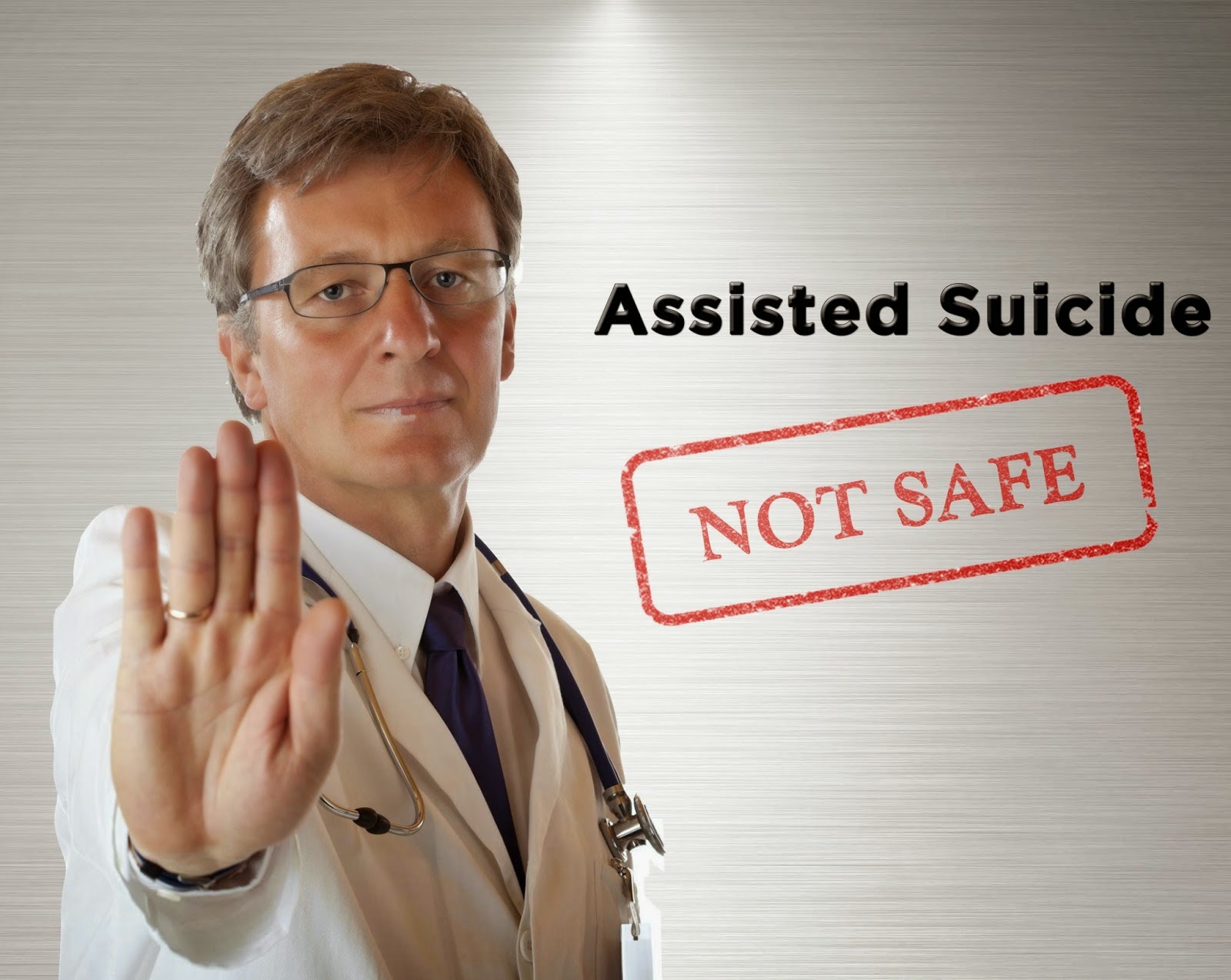A newly-published article in New Scientist includes a section in which reporter Clare Wilson reports on actual Oregon data on assisted suicide after a go-through with NDY CEO and founder Diane Coleman. It’s rare – almost unheard of – for a reporter to go into this kind of detail on assisted suicide in Oregon. The same is true of bioethicists weighing in on the topic. Here’s the section of the article dealing with data in "2015 a watershed year for assisted suicide in the US":
Diane Coleman, head of advocacy group Not Dead Yet, which opposes assisted suicide, says the Oregon Health Authority’s annual reports on the practice show the law there isn’t working as intended. She points to the motives people gave for choosing this option. According to the latest figures, released on 12 February, only a third of people who took a prescribed lethal dose of medication in 2014 cited pain or fear of pain as one of the reasons for doing so.
Supporters of assisted suicide often cite pain as a primary reason why people should have the legal right to die. But the state’s report showed that people’s concerns tended toward loss of autonomy (91 per cent), loss of dignity (71 per cent) or being a burden on their family (40 per cent). Coleman is particularly concerned that people are choosing assisted suicide because they feel they are a burden. “To me that feels more like a duty to die than a choice to die,” she says.
What’s more, according to the data available for Oregon, some people waited longer than six months between asking for the overdose and taking it. It isn’t stated how many times this happened, but at least some people lived a few years after obtaining the drugs. Coleman is concerned that this means people are being accepted for assisted suicide who don’t meet the criteria of having less than six months to live. “Those people were not actually terminally ill,” she says.































